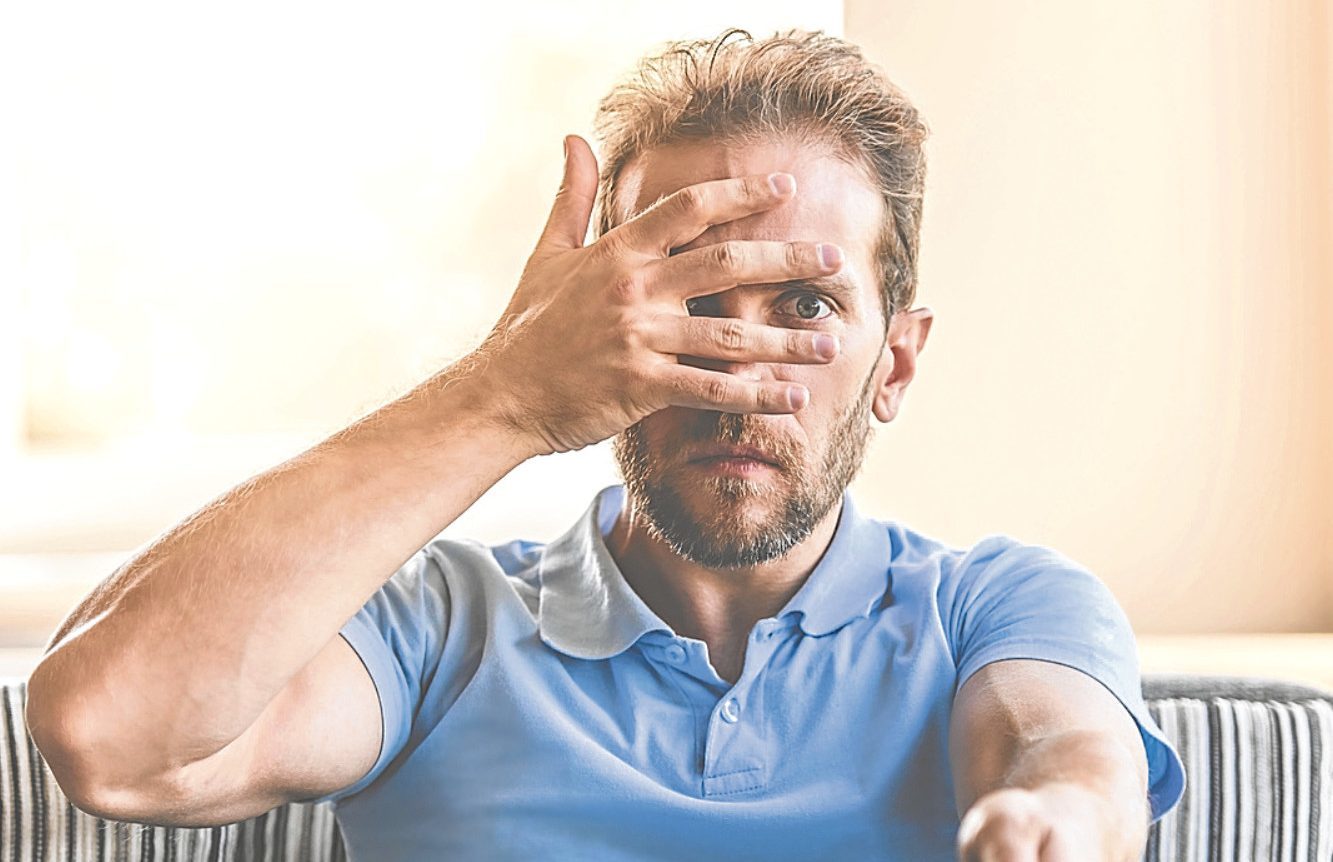
WE’VE all heard that stock excuse for not doing homework — the dog ate it.
Well, it seems that when it comes to explaining not having paid our TV licence fees, we’re even more creative.
Being Prince Harry’s girlfriend and having to give CPR to a poorly pet goldfish were, believe it or not, genuine excuses given to TV Licensing by people watching live TV or BBC iPlayer without having paid the necessary fees.
While 94% of us do pay, a small minority are wriggling out of their obligation.
The BBC is not usually a channel associated with nudity, but one viewer suggested that they would pay for their licence as soon as they stopped touting “porn”.
“I am not paying for my licence now the BBC are showing porn,” the individual argued.
“Gary Lineker in the nude on Match of the Day — disgusting!”
To be fair, “porn” is stretching it.
The sports presenter had joked that if Leicester City defied the odds and finished the season as champions, he’d present the show in his undies — which he then found himself obliged to do.
One Coventry woman would no doubt have been aware this was all going on despite claiming her Radio Times wasn’t to help plan viewing.
“I only have the Radio Times you saw on my chair to remind me of what I’m missing,” she said.
Jason Hill, TV Licensing spokesperson, said: “We make every effort to find evaders and although excuses we hear can be ingenious, those we catch still need to buy a licence.
“We offer help to those struggling and would much rather people buy a licence in small weekly or monthly instalments than face prosecution and a fine of up to £1,000.”
The TV licence was first issued — at a cost of £2 — back in 1946.
Radios had already been licenced since 1923, and the new, all-encompassing one was issued by the Post Office.
The thinking behind the licence was that the money made would ensure programming was free of advertising — and therefore bias.
Certain events spurred people on to buy the licence — after having been off air for some time during the war years, the BBC resumed transmission on June 7, 1946.
There was a surge in popularity for the medium, so, accordingly, there were more sales of licences.
Her Majesty the Queen played her own part in sales of TV sets, though, as 2,142,452 licences were issued in 1953 — it was no coincidence that this was the same year as her coronation.
It is estimated that 20 million people in the UK alone watched the event on their TVs at home.
These days, the licence is £147 for the year, which works out at just under 40p a day.
Any device installed or used for receiving broadcasts must be licenced, but the rules apply to households, so one licence covers all TVs etc. under one roof.
Televisions can, however, be exempt if the owner can demonstrate that they are not used for picking up broadcasts, as in the case of CCTV monitors.
Exemptions also include the fact that you don’t need a licence to see something after its original transmission — unless you’re viewing it on BBC iPlayer.
Two-thirds of European countries pay a TV licence and although there were protests this year for it to be abolished in the UK, the system will remain for the forseeable future.
Not only that, but it looks set to rise with inflation for five years.

Enjoy the convenience of having The Sunday Post delivered as a digital ePaper straight to your smartphone, tablet or computer.
Subscribe for only £5.49 a month and enjoy all the benefits of the printed paper as a digital replica.
Subscribe